Learning and memory
Recent articles
Single-neuron recordings are helping to unravel complexities of human cognition
As this work begins to bear fruit, researchers “are becoming less afraid to ask very difficult questions that you can uniquely ask in people.”
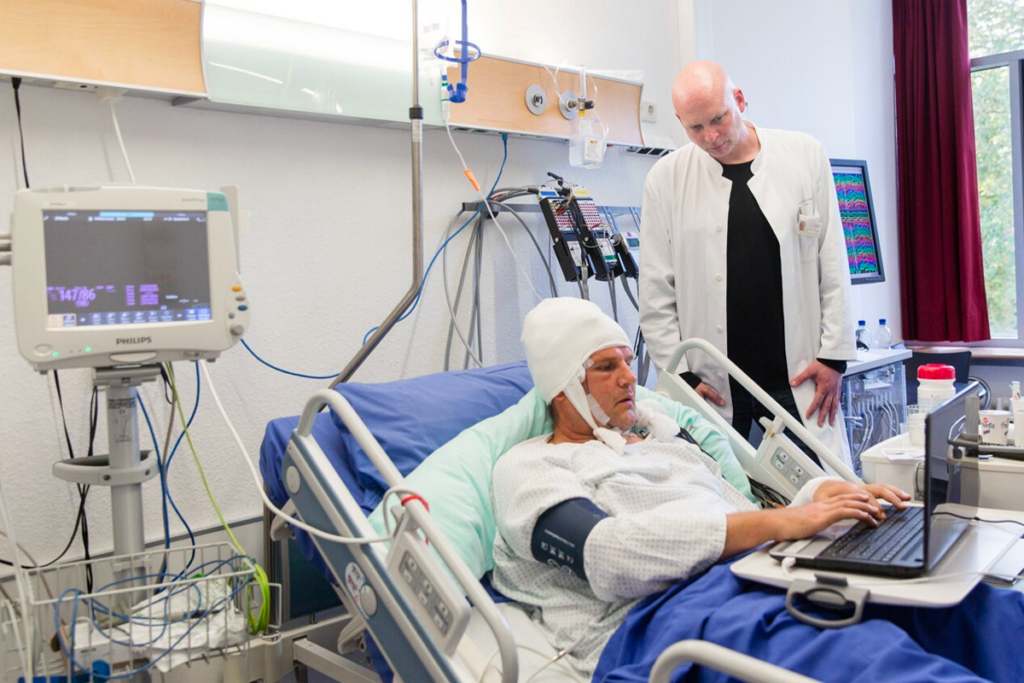
Single-neuron recordings are helping to unravel complexities of human cognition
As this work begins to bear fruit, researchers “are becoming less afraid to ask very difficult questions that you can uniquely ask in people.”
Astrocytes star in memory storage, recall
The cells, long cast as support players in memory research, can activate or disrupt fear memories, according to a new study.
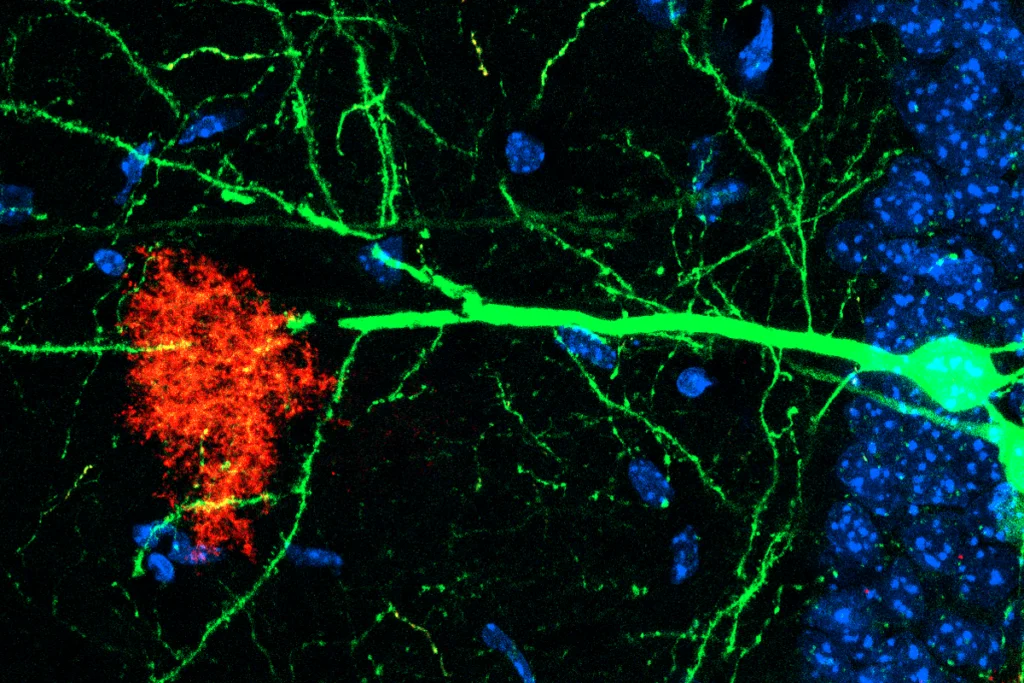
Astrocytes star in memory storage, recall
The cells, long cast as support players in memory research, can activate or disrupt fear memories, according to a new study.
How to teach this paper: ‘Coordination of entorhinal-hippocampal ensemble activity during associative learning,’ by Igarashi et al. (2014)
Kei Igarashi and his colleagues established an important foundation in memory research: the premise that brain regions oscillate together to form synaptic connections and, ultimately, memories.
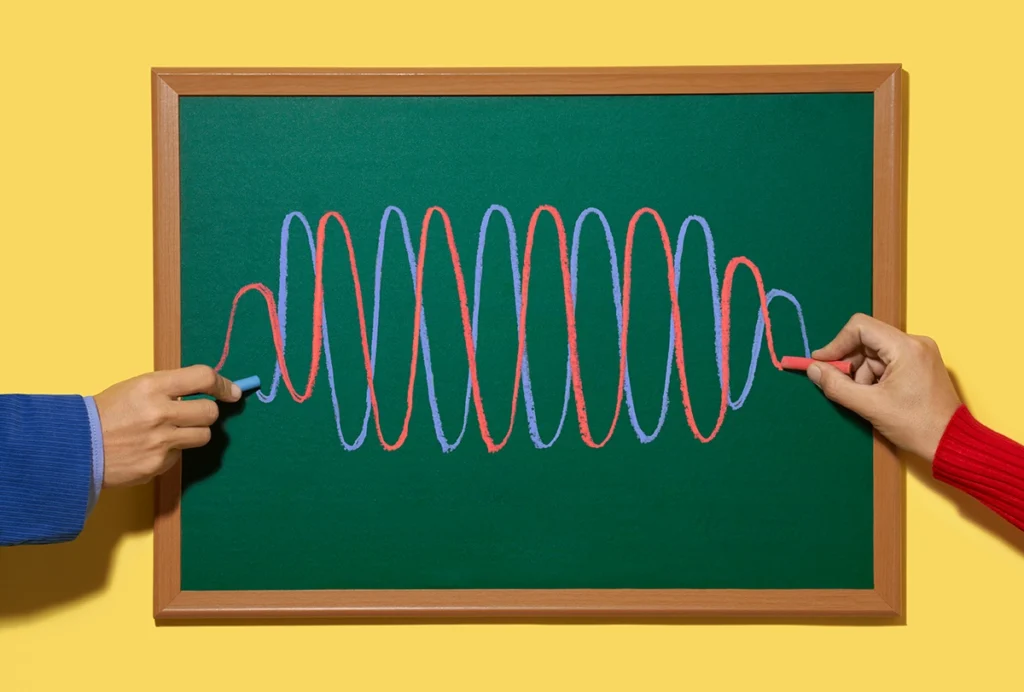
How to teach this paper: ‘Coordination of entorhinal-hippocampal ensemble activity during associative learning,’ by Igarashi et al. (2014)
Kei Igarashi and his colleagues established an important foundation in memory research: the premise that brain regions oscillate together to form synaptic connections and, ultimately, memories.
The value of math and spatial learning with Loren Frank
The Howard Hughes Medical Institute investigator discusses what drew him to study the brain and his current work at the University of California, San Francisco.
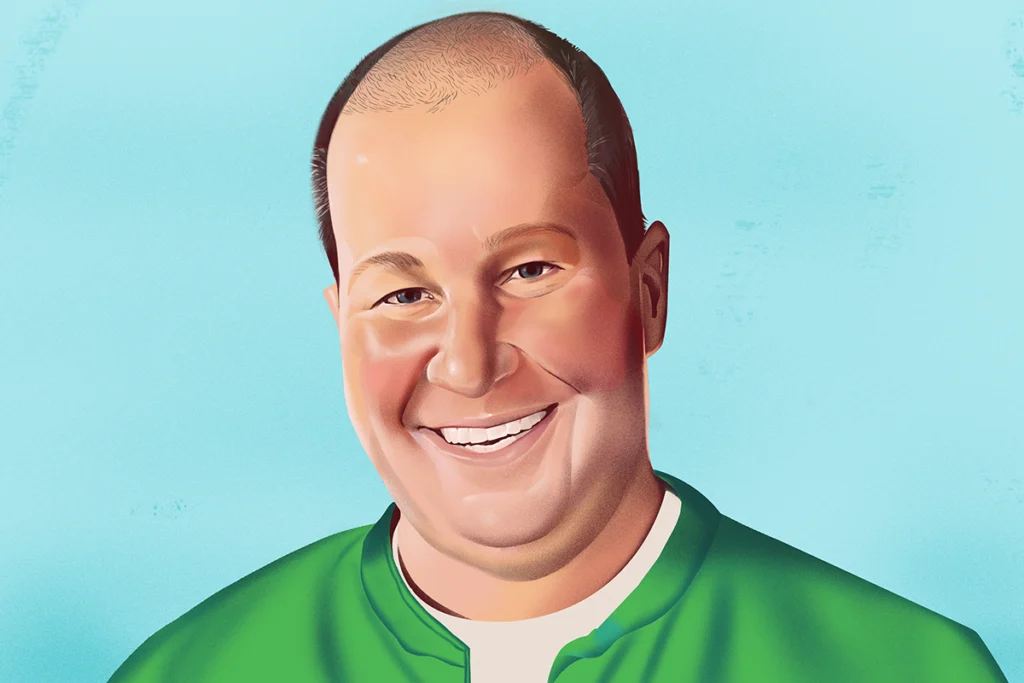
The value of math and spatial learning with Loren Frank
The Howard Hughes Medical Institute investigator discusses what drew him to study the brain and his current work at the University of California, San Francisco.
‘It must be something I ate’ is hard-wired into the brain
Feeling sick reactivates “novel flavor” neurons, according to a new study in mice, and points to a dedicated circuit for learning to avoid unsafe food.
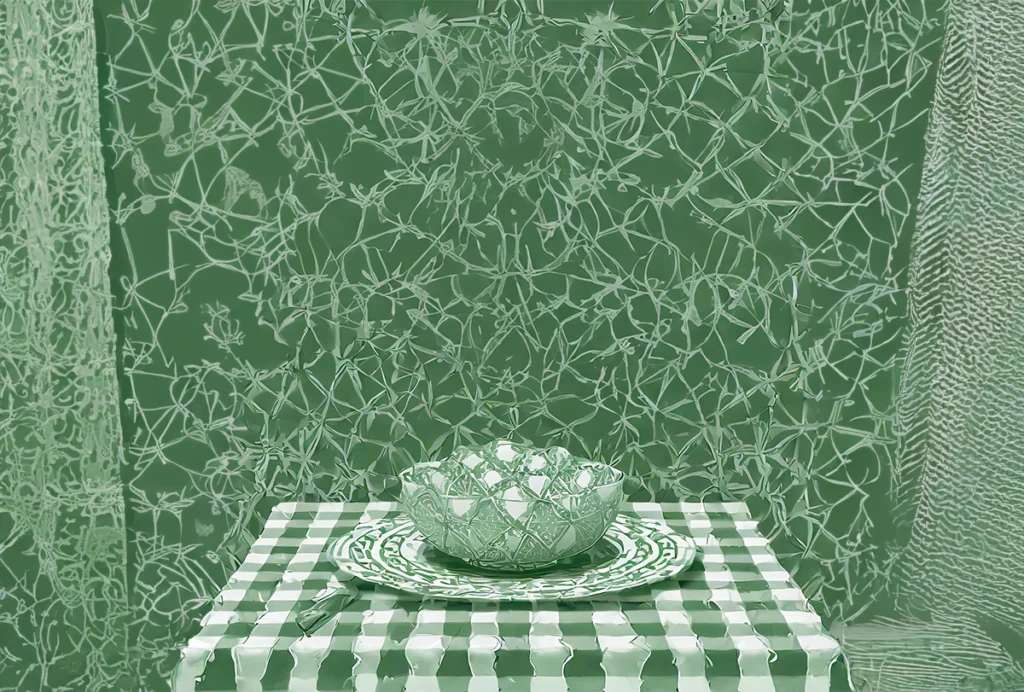
‘It must be something I ate’ is hard-wired into the brain
Feeling sick reactivates “novel flavor” neurons, according to a new study in mice, and points to a dedicated circuit for learning to avoid unsafe food.
Neurons making memories shush their neighbors
When neurons strengthen their synapses, they “infect” surrounding cells with a virus-like protein to weaken those cells’ excitatory connections, according to a new preprint.
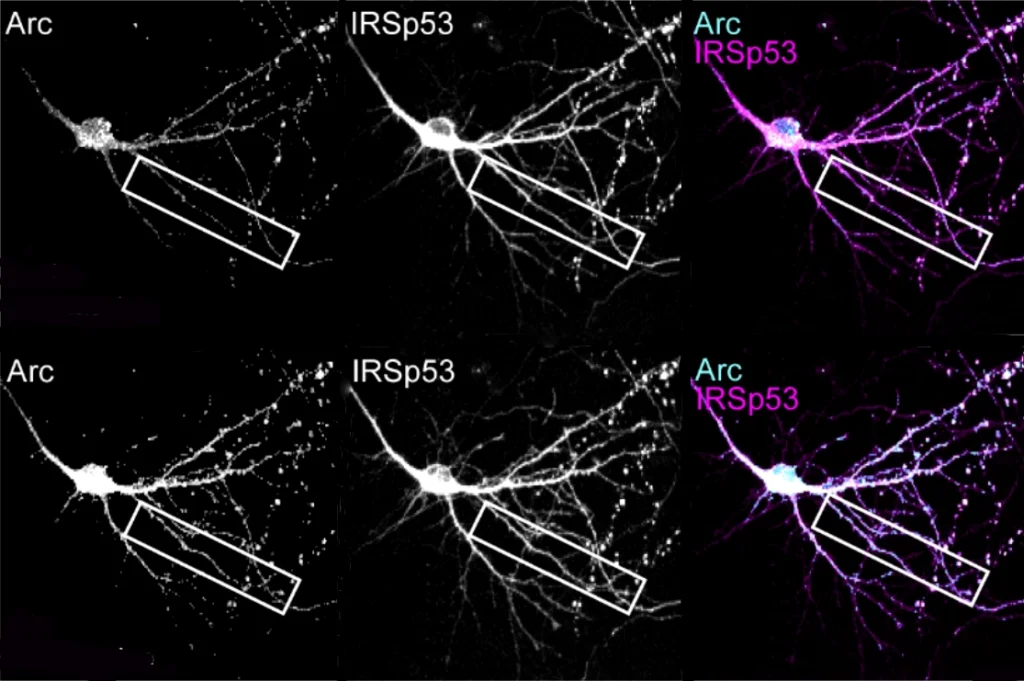
Neurons making memories shush their neighbors
When neurons strengthen their synapses, they “infect” surrounding cells with a virus-like protein to weaken those cells’ excitatory connections, according to a new preprint.
Synaptic protein’s shape-shifting skills propel plasticity
SYNGAP supports learning without tapping its eponymous “GAP” enzymatic activity, according to a new study.
Synaptic protein’s shape-shifting skills propel plasticity
SYNGAP supports learning without tapping its eponymous “GAP” enzymatic activity, according to a new study.
Cognition in brainless organisms is redefining what it means to learn
A slew of simple creatures demonstrate forms of learning, making the case for cognitive science to expand beyond the boundaries of the human mind.
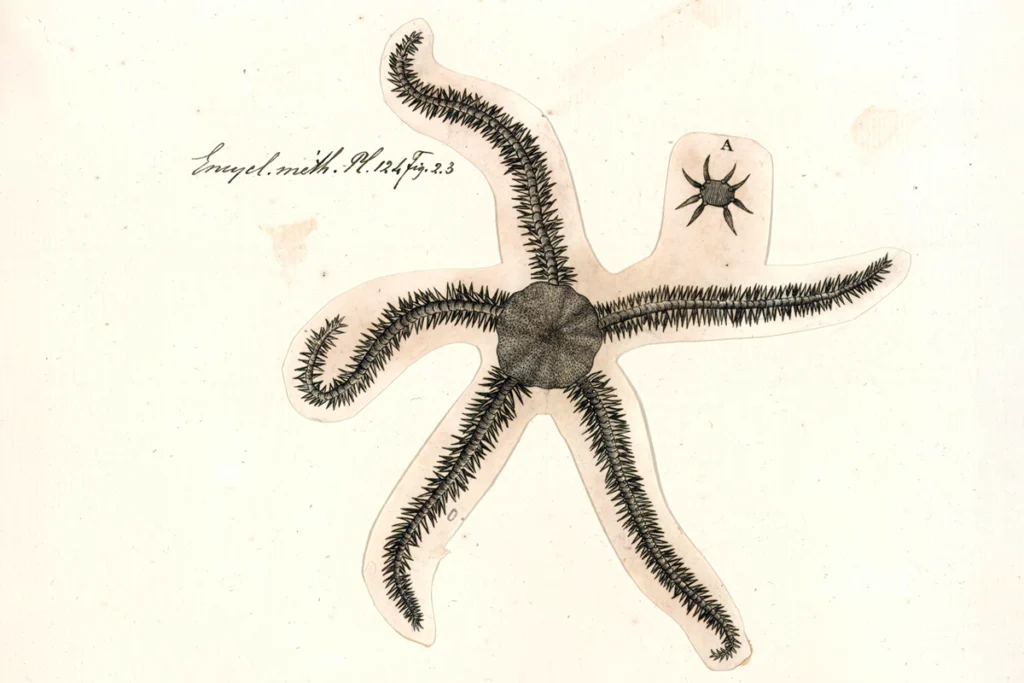
Cognition in brainless organisms is redefining what it means to learn
A slew of simple creatures demonstrate forms of learning, making the case for cognitive science to expand beyond the boundaries of the human mind.
Number-associated neurons help crows link values to symbols
Comparable neurons also exist in primates, which shared a common ancestor with crows more than 300 million years ago, suggesting that the ability to “count” evolved independently in the two lineages.

Number-associated neurons help crows link values to symbols
Comparable neurons also exist in primates, which shared a common ancestor with crows more than 300 million years ago, suggesting that the ability to “count” evolved independently in the two lineages.
Immune-activation model mice escape infantile amnesia, retain early memories
Male pups born to mothers treated with immune-stimulating molecules show autism-like behaviors and, unlike wildtype animals, do not lose memories formed during early life.
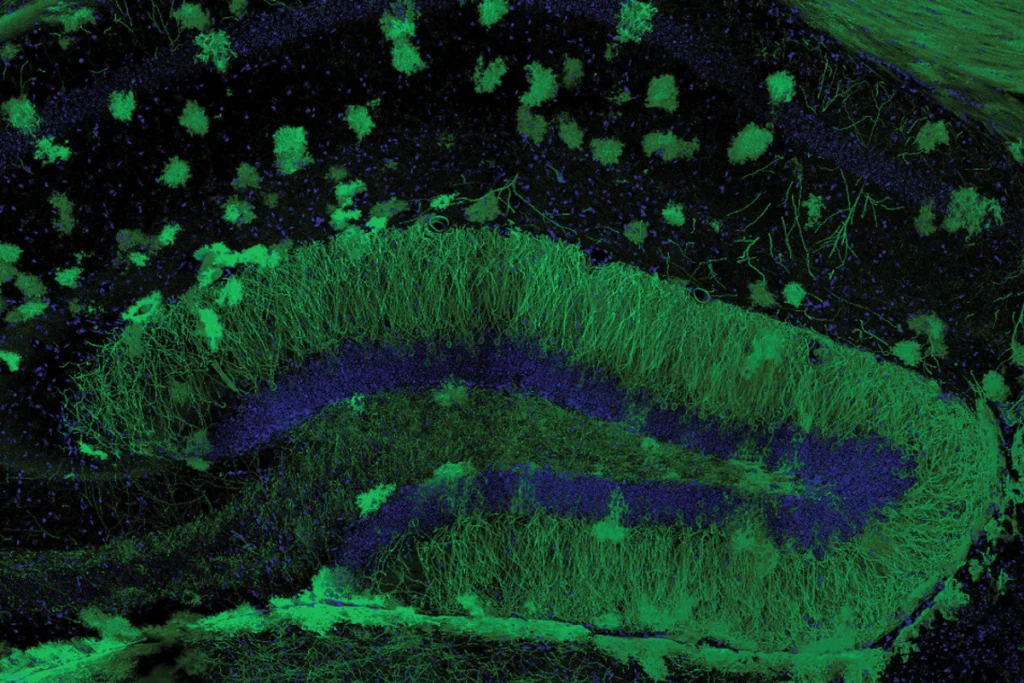
Immune-activation model mice escape infantile amnesia, retain early memories
Male pups born to mothers treated with immune-stimulating molecules show autism-like behaviors and, unlike wildtype animals, do not lose memories formed during early life.
Explore more from The Transmitter
Developmental delay patterns differ with diagnosis; and more
Here is a roundup of autism-related news and research spotted around the web for the week of 14 April.

Developmental delay patterns differ with diagnosis; and more
Here is a roundup of autism-related news and research spotted around the web for the week of 14 April.
‘Natural Neuroscience: Toward a Systems Neuroscience of Natural Behaviors,’ an excerpt
In his new book, published today, Nachum Ulanovsky calls on the field to embrace naturalistic conditions and move away from overcontrolled experiments.

‘Natural Neuroscience: Toward a Systems Neuroscience of Natural Behaviors,’ an excerpt
In his new book, published today, Nachum Ulanovsky calls on the field to embrace naturalistic conditions and move away from overcontrolled experiments.
Functional MRI can do more than you think
Recent technological advances provide a range of new and different information about brain physiology. But taking full advantage of these gains depends on collaboration between engineers and neuroscientists.

Functional MRI can do more than you think
Recent technological advances provide a range of new and different information about brain physiology. But taking full advantage of these gains depends on collaboration between engineers and neuroscientists.